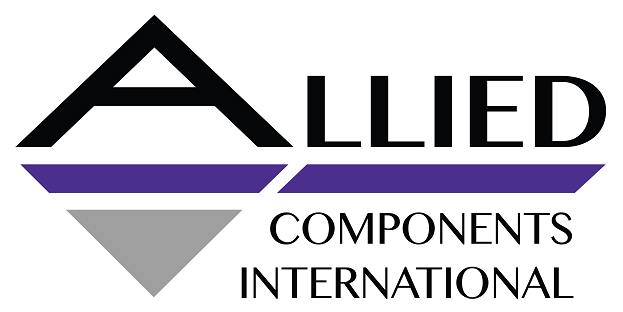How to Find the Best Custom Magnetic Sensor for Applications

The most reliable magnetic circuits can be based on simple design principles. Magnetic sensors must be planned before building the system begins. Many times, design requirements must be customized since standard sensor packages do not satisfy all OEMs.
Here are different magnetic sensors to think about for system design planning:
Reed and Hall Magnetic Sensors Widely used by automakers are reed and Hall effect sensors. The reason they are also found in consumer appliances is that they are based on flexible and simple designs that still have very dependable circuitry. One of the key reasons they have universal utility is that these sensors can be adjusted for power, accuracy, stability, and reliability.
Analog vs. Digital Magnetic Sensors End users can interact with instant feedback on the magnet’s position when using analog sensors. The analog Hall effect sensor is known for its high accuracy and high-resolution output signal. Most customers, however, need digital output for their magnetic sensing applications in order to confirm that an object is positioned properly.
Related Post: What Are Custom Magnetics and When Are They Used?
Reed Switch A big advantage to a reed switch is that it can be used without power as well as with the electrical option. The switch does not oxidize or degrade when exposed to moisture or other environmental issues, giving it a long-lasting quality. Reed switches are used for battery-powered devices as in seat belts, crash detectors, and refrigerator doors.
Hall Effects A digital Hall effect sensor runs on low DC power and provides variance in the output based on changes in the magnetic field. A programmable analog or pulse semiconductor-based application, known as the rotary Hall effect, allows for adjusting the output voltage to reflect changes in the magnetic field. The linear Hall effect involves a sensor that is similar to the rotary Hall effect sensor, except that instead of measuring rotation, it measures linear movement.
Choosing the Right Magnetic Sensor Whenever you custom design a system, you need to plan out the sensors in the beginning. Reed switches or Hall effect sensors work well with digital applications, while rotary and linear Hall effect sensors work best with analog applications.
If you need a custom magnetic sensor, visit the Allied Components International website today to view our catalog.


